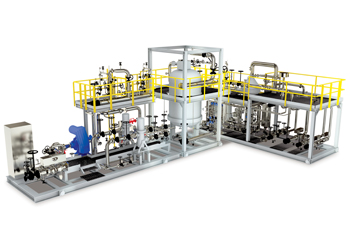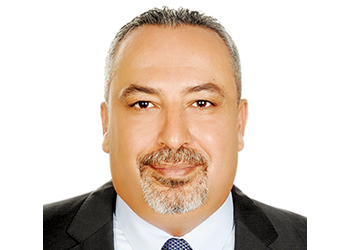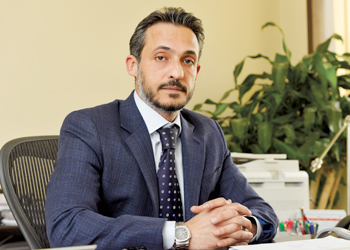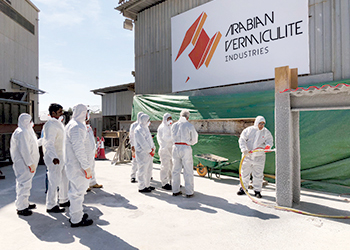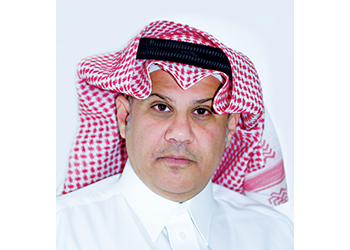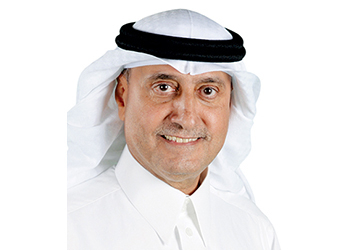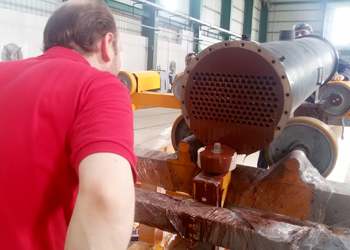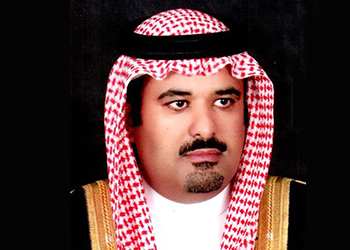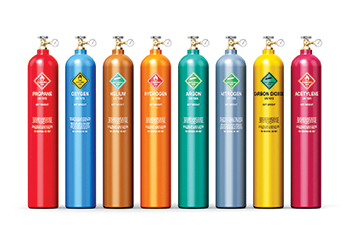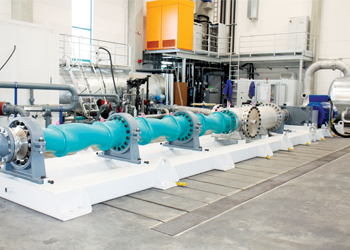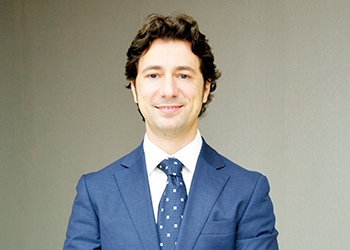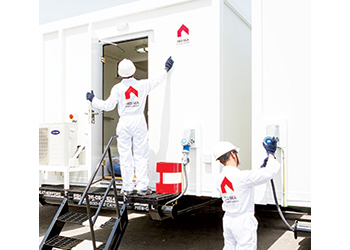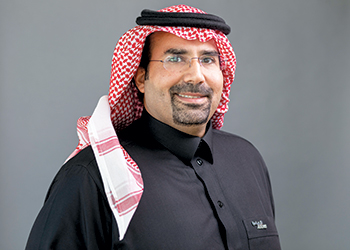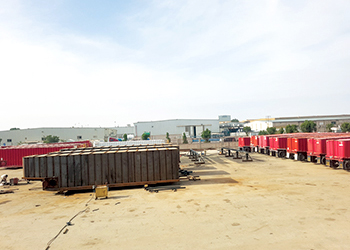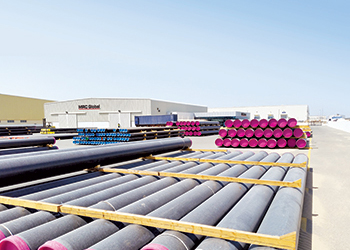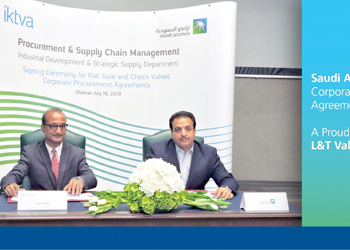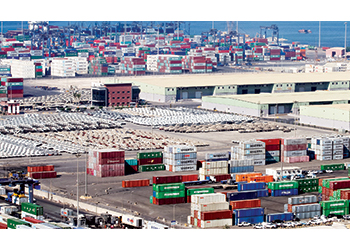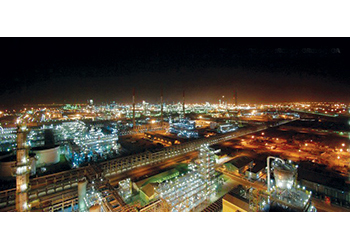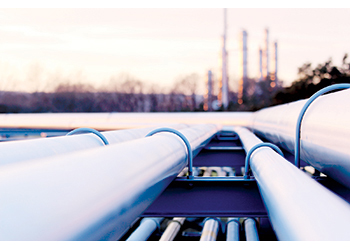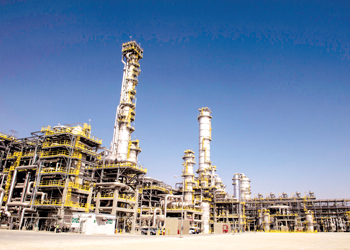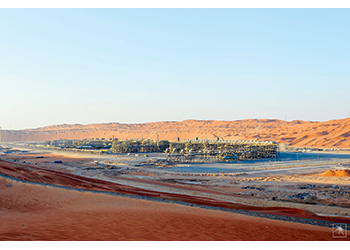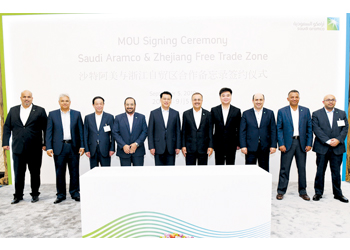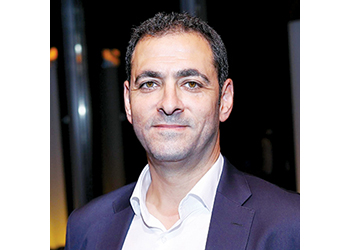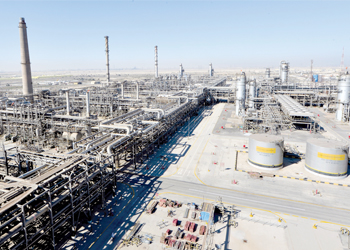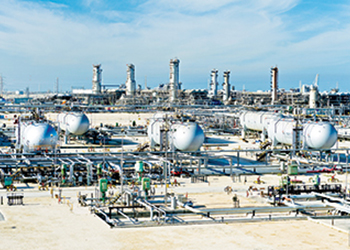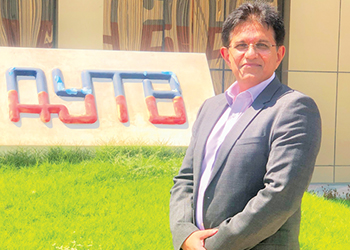
The Sabic deal effectively merges Saudi Arabia’s two biggest companies. It will add some 62 million tonnes per year in petrochemicals output to Aramco’s existing 17 million tonnes per year
Saudi Aramco said it had agreed to buy 70 per cent of Saudi Basic Industries Corp (Sabic) from the kingdom’s sovereign wealth fund for $69.1 billion, substantially boosting the petrochemical capacity of the world’s largest oil company.
The Sabic deal effectively merges Saudi Arabia’s two biggest companies. It will add some 62 million tonnes per year in petrochemicals output to Aramco’s existing 17 million tonnes/yr.
The acquisition highlights Aramco’s push to expand aggressively in downstream operations, a strategy that includes investing as much as $100 billion into the global chemicals sector over the coming decade.
Earlier this decade, Aramco outlined a plan to become the world’s largest integrated oil company, aspiring to grow its refining and petrochemical operations to better match its massive upstream production capacity.
“Aramco needs a strong downstream. It has been part of Aramco’s wish to acquire a strong downstream player for many years,” Saudi Arabia’s then Energy Minister Khalid Al Falih told Energy Intelligence in a recent interview.
“[Sabic] will also have the financial strength that Aramco provides, and collaboration in research and development and technology that can only make Sabic a more successful company,” he said.
The takeover would not unduly burden Aramco financially, he argued. “Saudi Aramco is one of the least levered companies on the planet. It generates a lot of free cash flow annually.”
The deal will see Aramco pay SR123.39 ($32.90) per Sabic share to the Public Investment Fund (PIF).
The incorporation of Riyadh-based Sabic and its 34,000 staff will boost Aramco’s head count by over 50 per cent. Last year, Sabic reported sales of $45 billion and net income of $5.7 billion, with total assets at $85 billion. Aramco won’t acquire the remaining 30 per cent of Sabic listed on the kingdom’s Tadawul bourse.
The acquisition will allow Aramco to sell more higher-value hydrocarbon products and chemicals processed from its extensive crude oil reserves. Aramco plans to raise integrated refining and marketing capacity to 8 million-10 million barrels per day, of which 2 mbpd-3 mbpd will be converted into petrochemical products.
Aramco’s global refining capacity–comprising both 100 per cent Aramco-owned and joint-venture refineries–presently stands at around 5 mbpd. Saudi Arabia’s crude oil production capacity is over 12 mbpd, making it by far the world’s largest oil company, although actual output is now closer to 10 mbpd as the kingdom complies with an Opec-led supply cut deal to support prices.
Abdulaziz Al Judaimi, Aramco’s senior vice president for the downstream, said the overarching strategy is to meet “global customer needs by securing outlets for our crude oil through the expansion and growth of our refining system and deepening its integration with petrochemicals production.”
Aramco began working on the plan to buy Sabic last year after it was approached by the PIF to acquire its 70 per cent stake in the petchem maker. The PIF began mulling the sale in a bid to raise much-needed funds for the multiple domestic economic diversification initiatives that it has been tasked with executing under Vision 2030 – the kingdom’s economic reform initiative hatched by Crown Prince Mohammed bin Salman.
It had originally been intended that the PIF would receive cash for these initiatives from Aramco’s planned initial public offering (IPO) – the 5 per cent stake sale was expected to be worth anywhere between $35 billion-$100 billion and see Aramco stock traded on a major foreign exchange.
But after the much-hyped IPO was put on hold last year, the kingdom’s sovereign wealth fund began evaluating other options to secure the cash needed to fulfill its role as a key financier of Vision 2030. The Sabic deal then emerged as the clear Plan B, but it remains to be seen if it will enhance Aramco’s valuation should the state oil giant unfreeze the IPO plan in the future.










































































